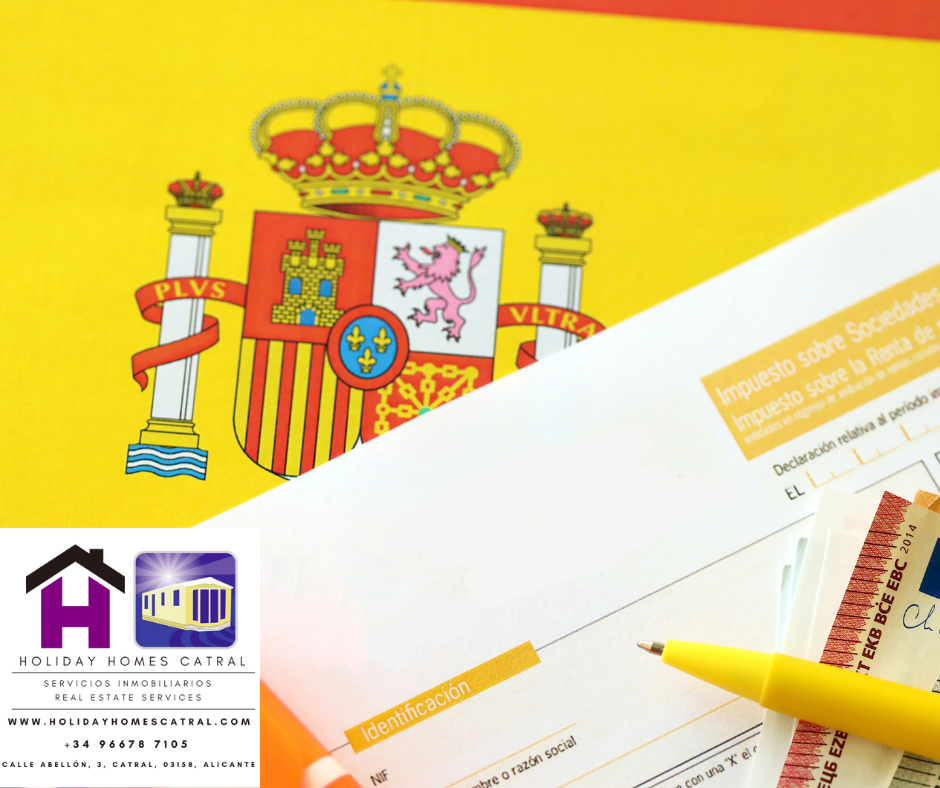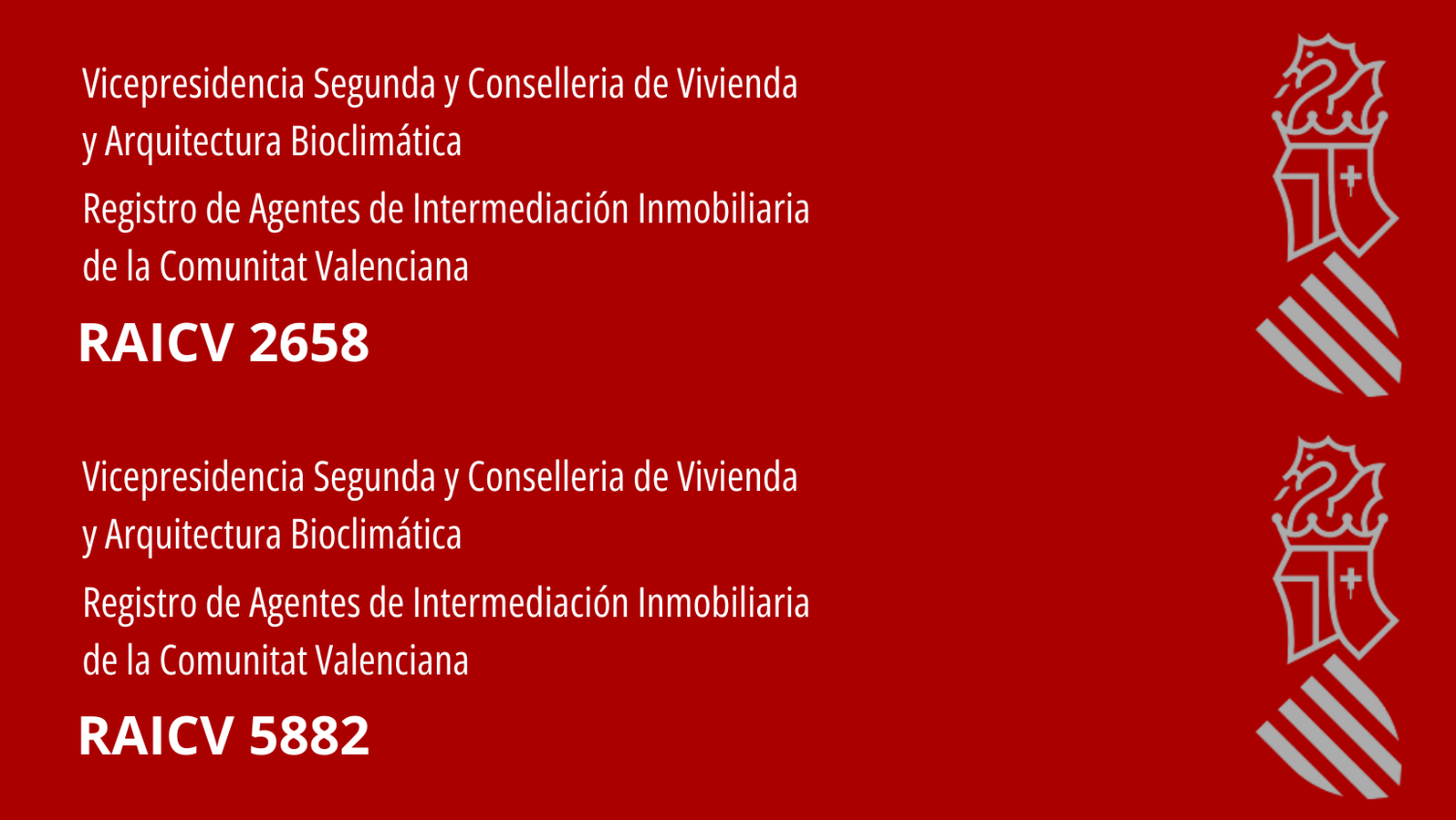Buying as a Non-Resident in Spain – What You Need to Know
14/10/2025

Spain attracts thousands of international buyers every year, many of whom are non-residents. Purchasing property here is entirely possible, but there are specific rules, documents, and taxes that non-residents must take into account.
NIE Number
The most important requirement is obtaining an NIE (Número de Identificación de Extranjero). This is a foreigner’s identification number needed for any property purchase, tax payment, or utility connection in Spain.
Bank Account
Opening a Spanish bank account is usually required to handle the purchase, pay taxes, and set up utilities.
3% Retention on Sale
Non-resident sellers should be aware of the 3% retention rule. When selling a property, the buyer must withhold 3% of the declared price and pay it to the Spanish Tax Authority (Hacienda). This ensures any capital gains tax due is collected. If no tax is owed, the seller can later request a refund.
Taxes on Purchase
Non-residents pay the same purchase taxes as Spanish residents:
-
ITP (Transfer Tax): 10% on resale properties.
-
IVA (VAT) + AJD (Stamp Duty): 10% IVA + 1.5% AJD on new builds.
Ongoing Taxes for Non-Residents
Non-resident owners must also pay:
-
IBI (Property tax): annual municipal tax.
-
Non-Resident Income Tax (IRNR): applied even if the property is not rented.
-
Rental tax: If rented out, tax on rental income (19% for EU/EEA residents, 24% for non-EU).
Mortgages for Non-Residents
Spanish banks do offer mortgages to non-residents, but usually with stricter terms:
-
Maximum financing of 60–70% of the price.
-
Shorter repayment periods.
-
More documentation required (proof of income, tax returns, bank statements).
Currency Exchange
Most non-resident buyers transfer funds from abroad. Using a currency exchange specialist instead of a high-fee bank transfer can save thousands.
A Real Example in Catral
John, a UK resident, buys a resale home in Catral for €150,000. Here is what he faces as a non-resident:
-
NIE application: approx. €20–30 in government fees (plus lawyer assistance if needed).
-
ITP (Transfer Tax): 10% = €15,000.
-
Notary and Land Registry: around €1,200–1,500.
-
Lawyer: approx. €1,500.
-
Currency exchange: by using a specialist, John saves nearly €3,000 compared to his UK bank’s rate.
-
Ongoing taxes: annual IBI (about €300–400 in Catral), plus non-resident income tax (calculated on cadastral value).
In total, John needs to budget around 12–15% extra on top of the purchase price to cover all costs — so for €150,000, about €18,000–22,500 in additional expenses.
